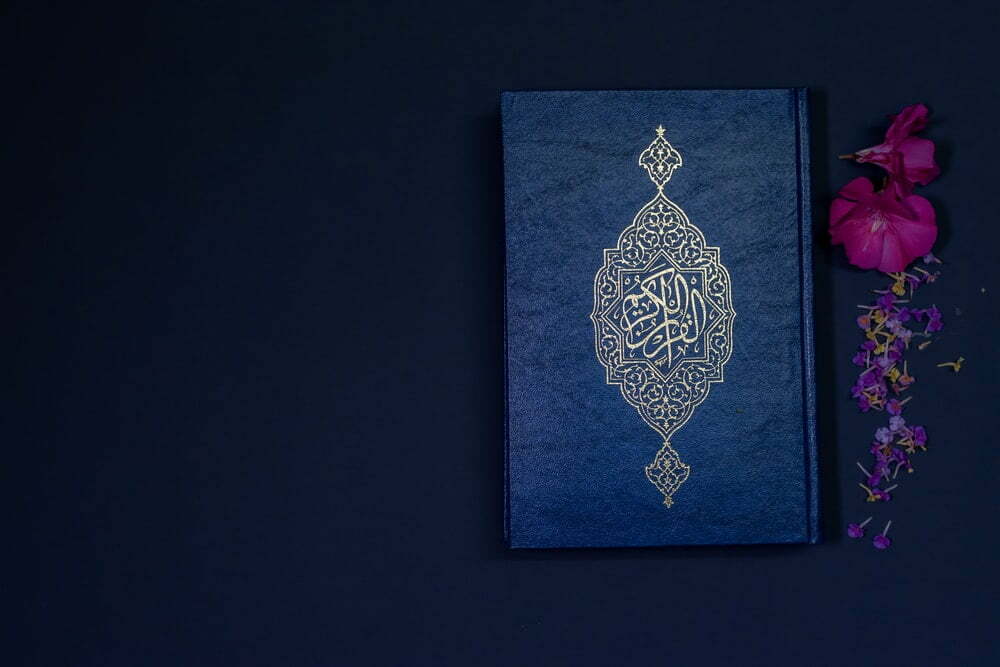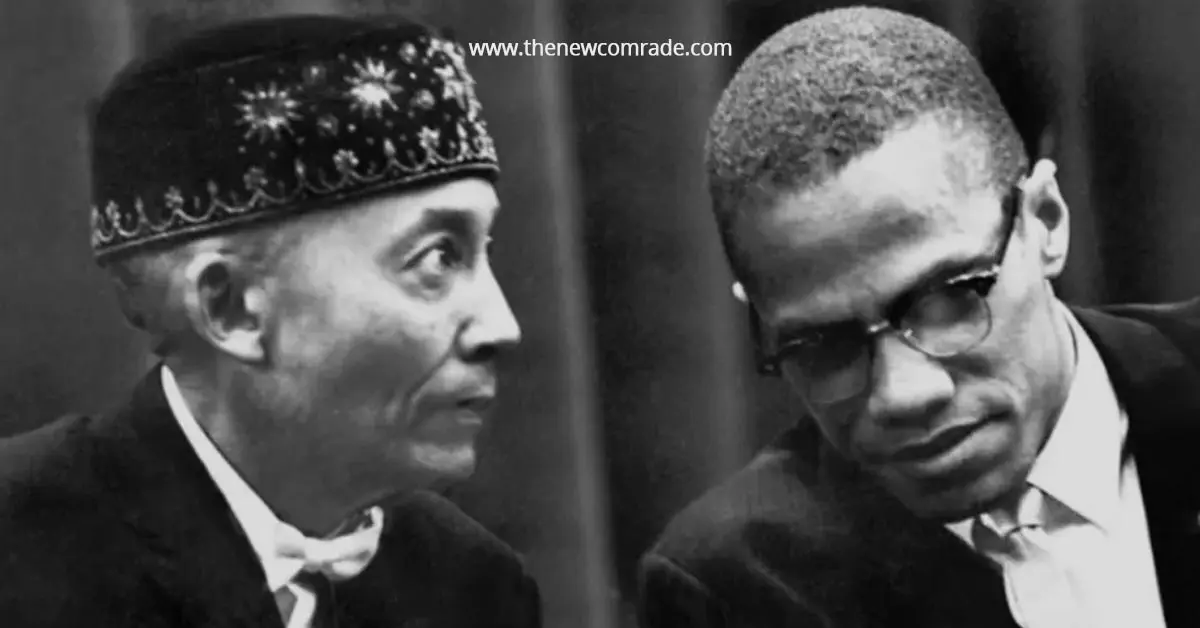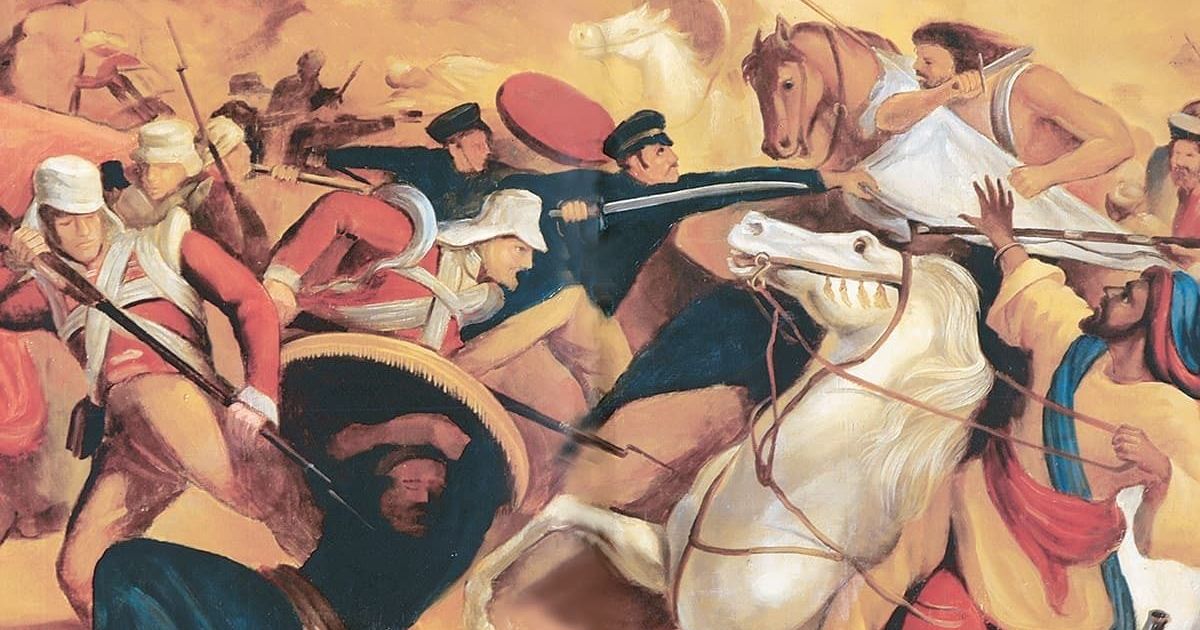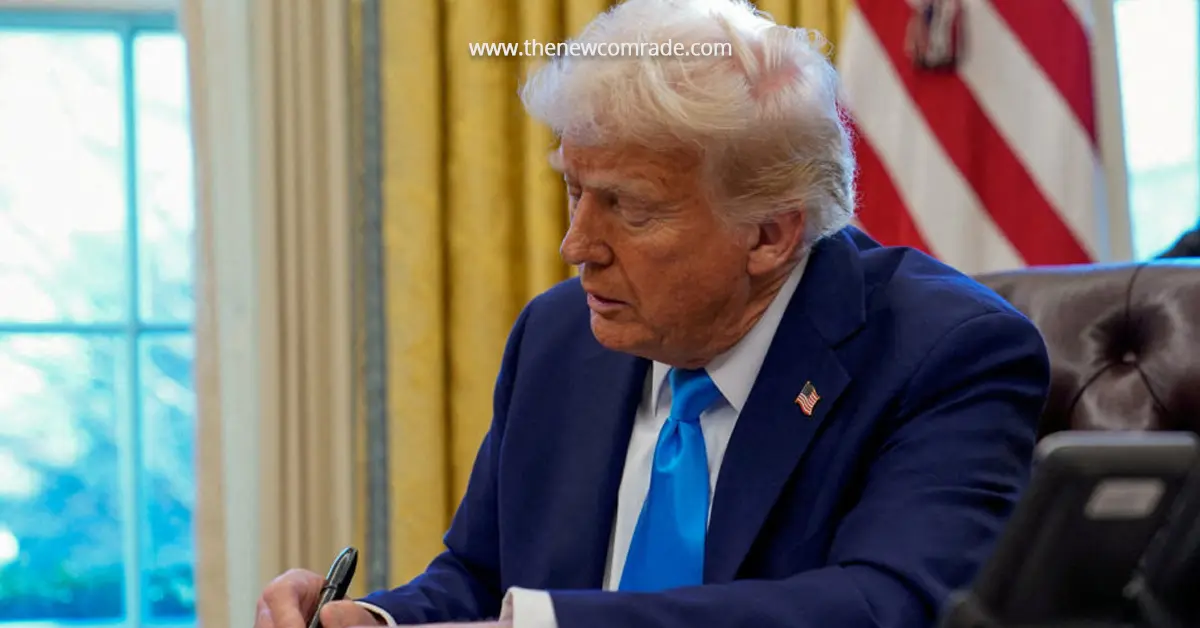Find Part one of this article Here
Every principle and school of thought is adhered to by a section of society and opposed by another. It is quite natural that the adherents would team up in cooperation and partnership and those who oppose them would try to change those principles and thoughts. To the extent of the depth of these differences encompassing basic concepts and creed of the society and to the extent of its scope of application in personal and collective lives, is the extent of the clash and enmity that would result thereupon. The intensity of this clash and enmity would be dependent on the contrast of those differences – beginning from the point of psyche to the various dimensions of practice and areas of life. This is a universal phenomenon as well as a human nature that does not require substantiation. Such conflicts and repulsion is not limited to religions, rather between differences in any field. Socialism-Capitalism, Democracy-Authoritarianism, various political parties and coalitions, etc. are all contemporary examples of such schisms. Such a belief of a party that they are right in a particular subject and that those who oppose them are wrong on the same and the converse belief of the latter, is natural to result in a break and incongruence between the two, magnitude of which is determined by the gravity of the subjects in which the difference exists. As such it may be trivial so that there is no visible impact of the difference in regular dealings and it could even be intense, to the point of physical attacks and fights. Differences between any two such given parties would exist so long as one of them is destroyed or changed.
As such the concept of loyalty in Islam is related to the very existence of Islam. So long as there would a believing Muslim and a disbeliever or polytheist upon the face of earth, there would be different lines of loyalty for both.
Since Islam is Almighty Allah’s religion and other beliefs falsehood and since Muslims govern their private beliefs as well as their words and deeds by Islam and since Islam decides the nature of private and collective relationships for Muslims, with clear concepts regarding all that, so it is natural that the doctrine of loyalty would occupy a great place in Islam, rather central position in its belief system. Absence of such a doctrine would naturally mean departure of Islam’s beliefs in to. Allah says-
You could see many of them allying with the disbelievers based on unworthy offers; in addition to Allah’s wrath upon them and their eternity in torment. If they had believed in Allah and the Prophet, they would not have allied with them; but most of them were sinners.
5: 80-81
Ibn Taymiyyah (d. 728 AH) writes in this context in his “Iman”- By means of the conditional clause in this verse, it is made evident that faith negates and contradicts alliance with them. Faith and alliance with disbelievers could not coexist in a single heart. It also is the evidence of that those who have allied with disbelievers have not activated necessary degree of faith in Allah, His messenger and His revelations in their selves. In a similar tone one could read the verse 5: 51 (mentioned earlier). In that verse they are told that the one who allies with them cannot become a believer and here they are told that they become one of them. Verses of Qur’an are mutually complementary.
The preceding quote makes the stance of leading scholars of Islam clear on this subject. Allah says-
One could not find a people believing in Allah and the hereafter affectionate to (a people) those who are hostile to Allah and His messenger, irrespective of their ranks containing their parents, siblings and kith and kin. Such are the ones whose hearts have been etched in faith and who are supported by spirit of Allah and entered into well-watered gardens of eternity. Allah is pleased with them and they are pleased with Him. They are the party of Allah. Victory is the due of party of Allah.
58: 22
Abdul Haque ibn Atiyah (d. 541 AH) comments on this verse as follows- This verse rejects the possibility of somebody possessing true faith having affection to the community of disbelievers and hypocrites… It is the corollary of this verse that one who believes in Allah and hereafter could not be affectionate to those who are hostile to Allah, while they maintain their hostility. In such a case he deemed loving hostility to his beliefs and such a person could not become a believer.
As such, doctrine of loyalty is not an optional matter, independent of faith. The very embracing of faith obliges adherence to this doctrine simultaneously. So do we find that the verses mentioned are not in form of instructions for omission or commission, rather information – in the manner of a matter of fact – that there could not exist a believer affectionate to disbeliever people, for the reason of their disbelief. The angle of human nature has been mentioned above. So is human history witness to the state of clash between different sets of beliefs, in different magnitudes. Allah says-
O believers.. Do not take an inner circle from those outside your ranks. They stop at nothing to ruin you. They like what you dislike. Their hatred has been partly expressed and what is concealed is more intense. We have made signs clear, if you could work out your minds. Even if you love them, they do not love you. You are the ones who believe in the revelation in entirety; hence if they meet you they would declare fellowship, whereas, upon turning away, they would bite their nails in rage. Tell them “die in your rage”. Allah knows what is in the hearts.
3: 118-119
Tabari comments on these verses as thus- Allah forbids believers from taking disbeliever forces into close coterie and exclusive relations. Allah then mentions the traits that come into play during the relations with them, viz. deceit and betrayal. Hence He mentions “they stop at nothing to ruin you” and that “they like what you dislike” … With the statement “their hatred has been partly expressed” Allah underlines the order that they ought to maintain and their enmity towards those who differ from them in it. That is the basis of their enmity to the believers. This enmity being based on faith persists until one of the faiths is ended.
Allah further says that the disassociation from disbeliever forces is natural in face of their implicit disassociation and enmity towards us.
O believers… do not ally with my enemies and yours’. You may be meting them with good ties while they disbelieve in what you have declared and drive the Messenger. Being believers in Allah – your lord – and having set out in mission for His sake, beware of such an act. You may conceal your good ties with them and I know what you conceal and publicize. Those who do so from amongst your ranks are misguided. If they gain upper hand over you, they would display their enmity to you and they would let loose their deeds and words against you to the point that you may wish to have switched sides.
60: 1- 2
In such words Allah expresses the stupidity of such relations – in terms that it would turn out to be for those who maintains enmity towards us and hence is undeserving of such good relations, added to which is their driving away of believers and fighting them – all for the sake of difference in faith. Allah further posits such a tendency against all acts of migrations and struggles for His sake. As such it is deemed an attempt to bring together contradictions.
Allah places the strongest argument regarding the eternal nature of this enmity in the following verse –
Jewry and Christendom would not be content with you until you follow their community.
2 : 125
Tabari comments on this verse as follows – Allāh exhorts his messenger that neither Jewry nor Christendom would be content with His work. Hence, He enlightens him to abandon any intentions of satisfying those parties and instead work on satisfying Allāh. The path chalked out by Allāh is the one in which all of them could come together in cohesion and guidance. As for following one of them – both are mutually against one another and there is no way to earn their goodwill simultaneously. Hence stay on the guidance of Allāh which is the way for cohesion of all creations. In this context Allāh also says –
Many of the people of scriptures wished to see you apostasies ; out of envy ; after the truth has been clear to them.
2 : 109
They wished that you apostasies and be like them
4 : 89
Allāh has substantiated this universal truth with the cases of the past communities of Muslims too. Allāh mentions it in the case of Nooh (AS)
Nooh invoked “My Lord… my son is part of my family. Your promise is truth. You are the Most Wise Judge.” Allāh replied “He is not part of your ‘family’. It is not a pious act. Transgress not regarding things you are not given knowledge of. I see you need to be ignorant (in that matter).” He replied “My Lord… I seek Your refuge in transgressing in matters you have not allowed me to know of. If not for Your forgiveness and mercy, I would be doomed.”
11 : 45 ~ 47
Then is the case of Ibrahim (AS) disassociating from his community, which contained even his father, as mentioned in this verse –
Ibrahim had asked for forgiveness for his father only because of a promise he had given him. When it became clear to him that he was an enemy in Allah’s sight, he disassociated from him. Ibrahim was benevolent and forbearing.
9 : 114
You had a good model in Ibrahim and those were with him when they said to their people “We have disassociated from you and whatever you have worshipped other than Allāh. We have disbelieved in you. Enmity and hatred has manifested between us for eternity, until you would worship Allāh alone,” but for Ibrahim saying to his father “I shall seek forgiveness for you from Allāh, though I possess nothing in His midst for you”… “Our Lord… we rely on You, we repent to You and to You is our end
60 : 4
… when Ibrahim said to his father and community “I am disassociating from whatever you are worshipping, except for the One Who has originated me ; He shall guide me.” He made it an enduring statement among his posterity, so that they may revert.
43 : 26 ~ 28
Here is the case of Hūd (AS) –
… “we say that some of our gods have inflicted you with torment”. (Hūd replied) “I bear witness of Allah and bear your witness that I disassociate from all that you associate with Allah, other than Him. Then bring your tactics to me. Thereafter you would not be able to debate me.
11 : 54 ~ 55
This was the case of Prophets – as soon as they started their activity, their communities would declare enmity to them. Then is the time for adherent of truth to hold on to their truth. This is achieved by mutual loyalty amongst themselves and disassociation from those who professed enmity to them.
Hence, I conclude with the assertion that loyalty is a universal truth between people of various religions, creeds and schools of thought. It cannot come to end so long as there are differences upon earth. As such, I would not be adding anything new to Islam when I state that there is no existence for Islam and Muslims without loyalty and disassociation, just as is the case for Jewry, Christendom and others.
Negligence of this doctrine
This phenomenon is found in two modes–
- Blaming this doctrine for promoting hatred
- Propagating customs and traditions of non-Muslims among Muslims
First mode of opposition to this doctrine could be from those who oppose the excessiveness and extrapolation of this doctrine by some people. This wrong tendency cannot be by countered by positing another wrong against it. As for those who blame in this manner with the wish of doing away with Islam, Islam would persist forever and hence this doctrine.
Second mode of opposition is done where it is wished to limit Islam to certain fruitless, unpracticed concepts and ideas. It would be unmaking of a Muslim to wish to see his identity dissolved in other communities and unrelated to his civilization, culture and history. It is a case of working for the enemy and self-defeated and strained people. Such ones could not live and sustain except in the ecosystem of the ‘other’.
As for those external agencies who call for removing this doctrine, such demands are stupid demands, as this doctrine would exist so long as distinction between Islam and disbelief exists. Such agencies ought to eschew their bouts of excessiveness with regards to their enmity towards Muslims and understand that fighting Muslims in this manner would not make them more secure.










